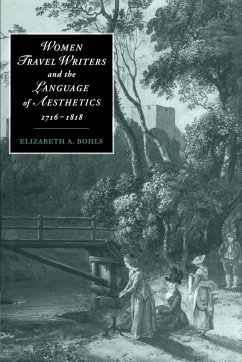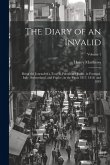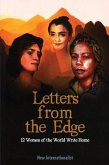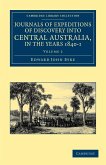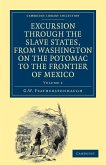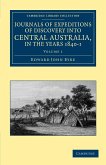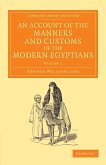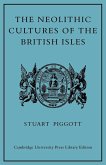British readers of the eighteenth and early nineteenth centuries eagerly consumed books of travels in an age of imperial expansion that was also the formative period of modern aesthetics. Beauty, sublimity, sensuous surfaces, and scenic views became conventions of travel writing as Britons applied familiar terms to unfamiliar places around the globe. The social logic of aesthetics, argues Elizabeth Bohls, constructed women, the laboring classes, and non-Europeans as foils against which to define the "man of taste" as an educated, property-owning gentleman. Women writers from Mary Wortley Montagu to Mary Shelley resisted this exclusion from gentlemanly privilege, and their writings re-examine and question aesthetic conventions such as the concept of disinterested contemplation, subtly but insistently exposing its vested interests. Bohls's study expands our awareness of women's intellectual presence in Romantic literature, and suggests Romanticism's sources might be at the peripheries of empire rather than at its center.
Hinweis: Dieser Artikel kann nur an eine deutsche Lieferadresse ausgeliefert werden.
Hinweis: Dieser Artikel kann nur an eine deutsche Lieferadresse ausgeliefert werden.

